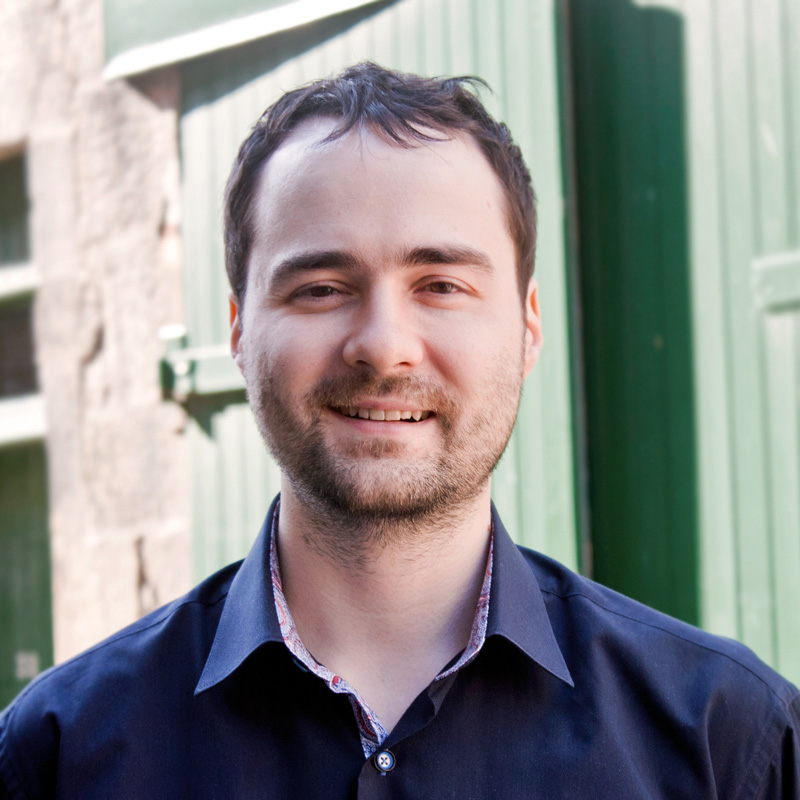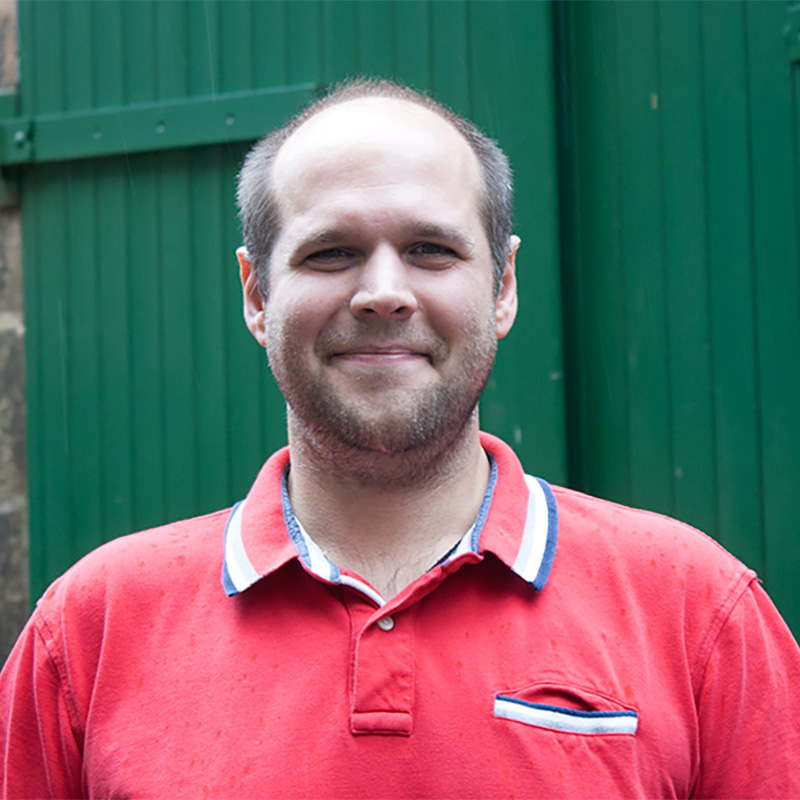
Edinburgh / 02-04 August 2016
For the first time ever, you can book a day with the developer of your choice. We have a very limited number of developer days available for sale, first come first served.
Developer Day Availability – Monday 1st August & Friday 5th August only
Speakers
Kevin Miller
CEO, LiveCode
Bio:
Kevin has been heading up LiveCode Ltd for around 20 years now. He is passionate about enabling users to go further with their skills than they previously thought possible.
Talks:
Kevin will be kicking off the conference with the Keynote on Day one. He will also be talking on Day 3 about a project he has been working on, Kognition.
Mark Waddingham
CTO, LiveCode
Bio:
As chief engineer steering the LiveCode platform team, there is little produced that Mark doesn’t have at least one keystroke in at some point. He loves solving computing problems, the trickier the better. The problem he has most passion for is embodied in LiveCode: ‘How do you make programming more accessible to more people?’
Talks:
Mark will be giving the Keynote on Day 3, with a look ahead at where LiveCode is going next. He is also talking in depth about LiveCode Builder on Day 2.
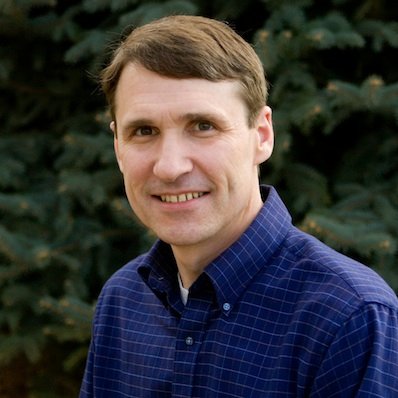
Devin Asay
Senior Research Fellow, Brigham Young University
Bio:
Devin Asay is a software developer for the College of Humanities at Brigham Young University. Using LiveCode he has created testing and learning software for Russian, Italian, Chinese, Thai, German, Spanish, Arabic, and other languages. He has found LiveCode to be an excellent tool for producing desktop and mobile applications, as well as for writing APIs for backend database access.
Talks:
Panel, LiveCode on CALL: The Ideal Tool for Creating Computer Assisted Language Learning Software
Workshop, Updating LiveCode Documentation
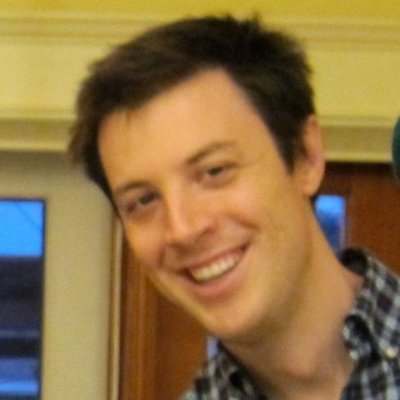
Hans Behrens
Lead Software Engineer, Canela Software, Inc.
Bio:
Talks:
Workshop format, LiveCode and LiveCloud. Hans will be presenting in conjunction with Mark Talluto. Mark and Hans will be introducing the benefits and implementation details of using a backend with LiveCode applications.
A backend is a way for developers to develop more quickly, while offering their users a richer experience. Backends can offer local or cloud-based storage, and can be used for messaging queues, logging and monitoring, configuration management, file storage, data backups, and many other useful tasks.
LiveCode developers have many options when choosing a backend; this class will focus on a LiveCode / CassiaDB stack. This workshop builds on existing LiveCode knowledge, using LiveCode arrays to unlock a variety of powerful backend features. It will also cover the business case for building applications with backends, and when and why to do so.
No prior database knowledge is required for this workshop. The class will start with useful LiveCode features, and move on to data modeling, application design, and CassiaDB details, creating a sample application step by step. By the end of the class, all attendees will have a complete sample app, a good understanding of the basics of backend development, and an introduction to using CassiaDB.
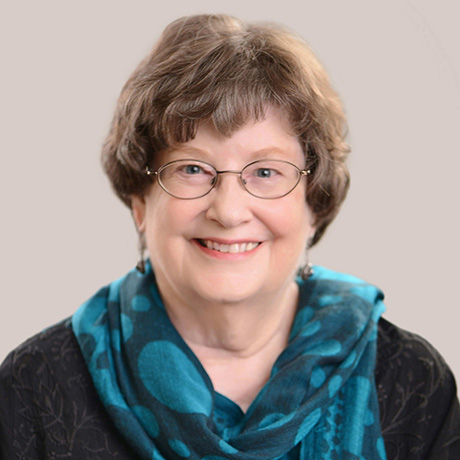
Claire Bradin Siskin
Consultant, Edvista
Bio:
Claire Siskin is an English Language Specialist and consultant in computer-assisted language learning. She has conducted LiveCode training in Japan, India, Bangladesh, and the U.S. Claire is currently working with a team of English teachers in Dhaka, Bangladesh, who are designing and developing a smartphone app so that their students can practice English “on the go.” The app includes activities for practicing vocabulary, reading, writing, and listening. The teachers have no technical background but have been able to master the English-like commands used in scripting LiveCode. The apps will be freely available for educational purposes.
Talks:
Panel, LiveCode on CALL: The Ideal Tool for Creating Computer Assisted Language Learning Software
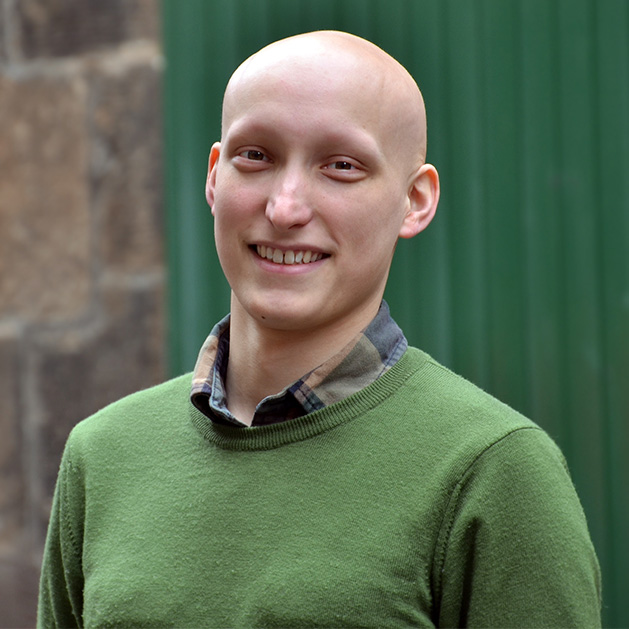
Peter Brett
Technical Project Manager, LiveCode
Bio:
Peter has a long background in free & open source software development, particularly on Linux. Before joining the LiveCode team, he worked on applied satellite remote sensing at Surrey Space Centre, Guildford, and on novel proximity-sensitive touch screen technology for Sharp Corporation. He likes to find the Right Way to do things.
Talks:
Peter will be giving the Keynote on Day 2, talking about open source, our theme for the day. He will also be giving a talk on Testing Code, a vital part of successful software development.
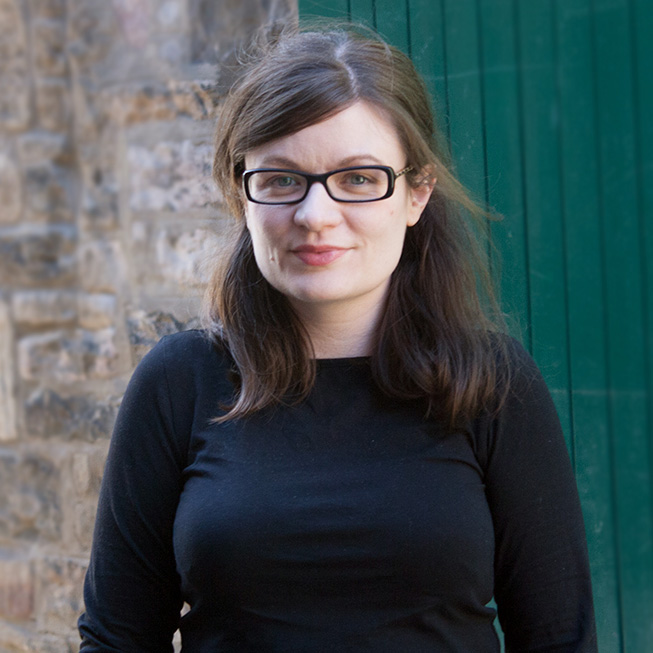
Elanor Buchanan
Senior Developer, LiveCode
Bio:
Elanor has been with LiveCode for over 10 years and most of her work actually involves using LiveCode. She also develops training materials and runs training days teaching people how to use LiveCode.
Talks:
Elanor will be leading the App in a Day beginners course on Day 3, aimed at health sector workers.
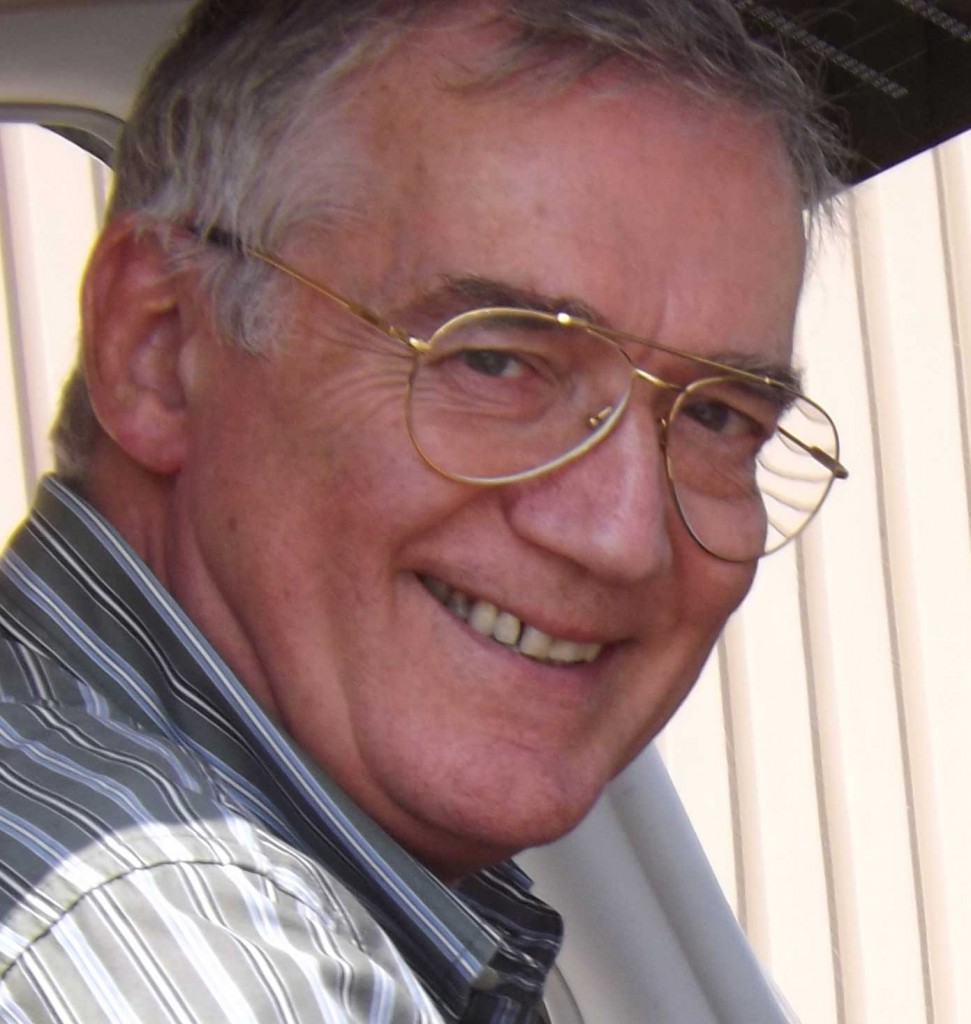
Robert Cailliau
Informatics Engineer and Computer Scientist
Bio:
Cailliau helped Tim Berners-Lee develop the World Wide Web and organized the first International World Wide Web Conference at CERNin 1994. He has been an enthusiastic LiveCoder for many years.
Talks:
What Makes a Good Code Editor – Though the LC engine has progressed a lot in efficiency, speed and features, the code editor has remained essentially the same. There are properties of the LC language that influence what an editor should be able to do, but there are also documentation needs that should be addressed. As Dijsktra wrote long ago: program code is read far more often than it is written. We stare a long time at our code in order to find bugs, see patterns and understand what we wrote only a short time earlier. Ease of reading relies mainly on presentation of the text to be read. This talk will study a number of requirements of a good code editor.
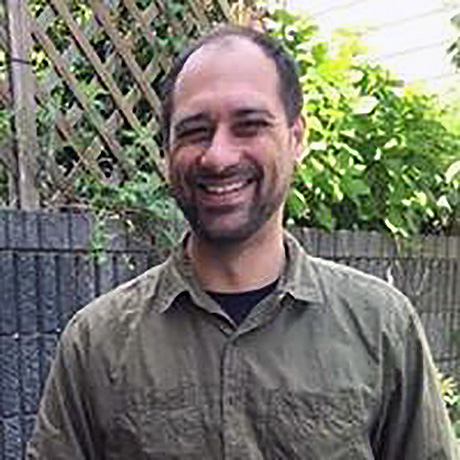
Bob Cvitcovic
Foreign Language Education Center, Tokai University
Bio:
Bob Cvitkovic is a faculty member for the Foreign Language Education Center, Tokai University, Japan.
Talks:
Designing a custom UI – Tips and Tricks–My struggles and how I solved them. What do you do if you want a complete custom UI for a game or non-standard utility app? How do you lay out your custom graphics so that both 16:9 and 4:3 aspect ratios look good? What programming architecture works? Which fullscreenmode setting do you use? This talk will address those questions and will include tips, tricks,and gotchas learned from laying out a complete custom UI in an educational gamified English learning app: GrammarPatch and ChunkyFluency. Commented stacks will be available for download.

Trevor DeVore
Director of Technology, ScreenSteps
Bio:
Trevor is one of the co-founders of ScreenSteps (formerly Blue Mango Learning Systems) and has been a LiveCoder for almost a decade. He primarily works on the desktop version of ScreenSteps and Clarify. He attended the University of Utah for a year. Afterwards he attended UCLA extension courses and Eastern Michigan University while he moved around with his wife who was getting her medical education. He eventually stopped attending Eastern Michigan University and focused on his computer programming career.
Talks:
Widget Development – Trevor has been getting stuck in and creating widgets with the early versions of LiveCode Builder. He shares his experiences doing this with the community.

Todd Fabacher
CEO, Digital Pomegranate
Bio:
Todd Fabacher is CEO at Digital Pomegranate
Talks:
Creating a Company from the LiveCode Conference App – Showcasing the LiveCode Conference App created by Digital Pomegranate. Transform an idea into a full application using LiveCode, with a focus on an Event Management Solution. Create an application foundation, with the structure needed for today’s App + Web + Cloud infrastructure. Discuss Database Syncing between app and Cloud, using REST APIs to update other areas of the infrastructure. Create objects in LiveCode, for app and web. Learn to use Script Only stacks and LC 8.0 widgets to quickly create incredible LC apps. Use LiveCode for almost complete control over WordPress from within your app.
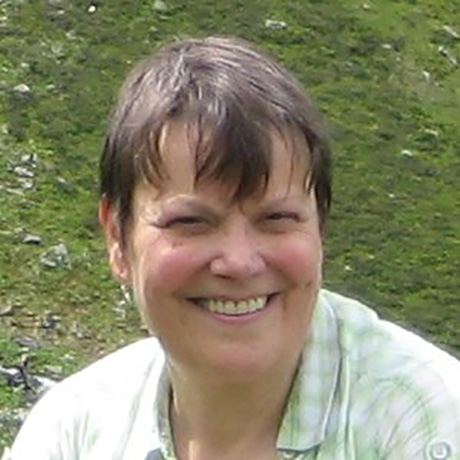
Hildegard Franke
Director, freshEHR Clinical Informatics Ltd.
Bio:
Hildegard is a highly motivated Health Informatician with over 30 years experience. She understands the challenges of building, delivering and supporting real Health IT applications and solutions. In roles as training consultant, help desk manager, product manager and product owner she has gained extensive expertise in many aspects of health informatics.
Talks:
Panel, Opportunities for LiveCode Developers in the Health Sector – Background to OpenEHR, challenges in the NHS where a LiveCode app could help, the OpenEHR LiveCode Widget, demonstration of a LiveCode app connecting to OpenEHR, implications for the future, questions from the floor.
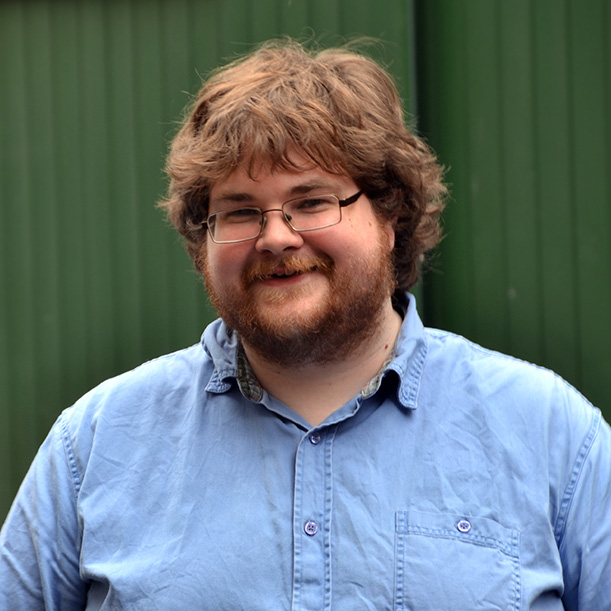
Fraser Gordon
Software Developer, LiveCode
Bio:
RaspberryPi enthusiast and all-round geek. Usually to be found deep in the engine code though occasionally surfacing with new features.
Talks:
Contributing to LiveCode: Where Do I Start? Fraser will discuss making community contributions to the open source LiveCode project, from answering questions in the forums to considering your first pull request.
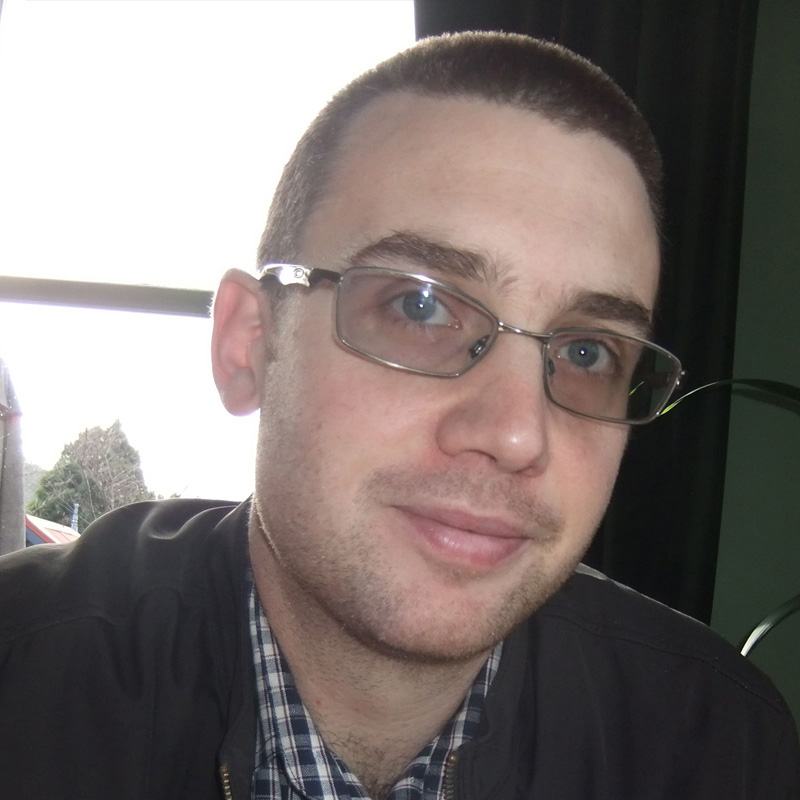
Monte Goulding
Software Developer, LiveCode
Bio:
The newest member of the LiveCode team, Monte has been consulting largely in LiveCode application, library and external development for nearly 20 years. He works remotely from a hobby farm in Tasmania, Australia.
Talks:
Script Only Behaviours for Fun and Profit. Monte will lead you through the use of script only stacks. He is also talking on the latest LiveCode iOS extension, Healthkit, which he recently developed.
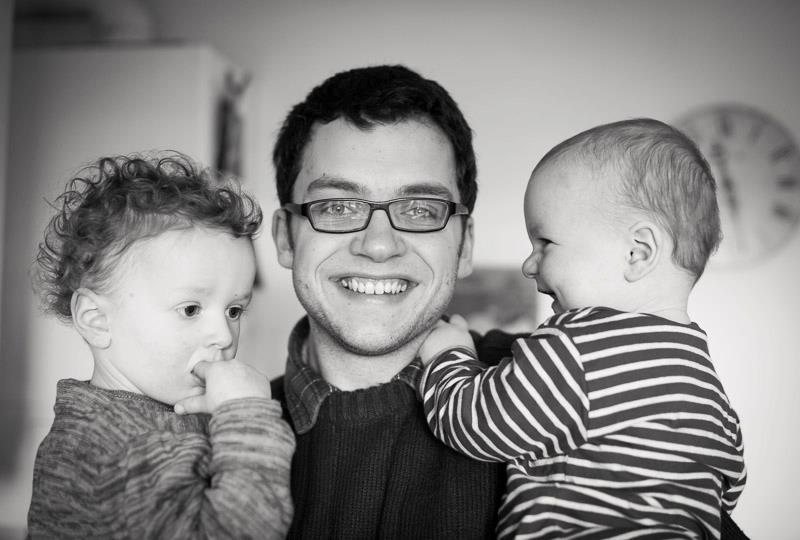
Laurie Gray
App Developer
Bio:
After a whirlwind 1.5 years Laurie Gray went from not knowing where the semi-colon was to becoming a full- time Web and Mobile developer. He later became an avid fan of the semi-colon and was featured on the popular learning website Treehouse after landing his first job. A self-confessed ‘learn-a-holic’, obsessive and father of 3 who went the long way round to landing on the career he loves.
Talks:
Doing it the hard way – becoming an app developer without the benefit of LC – This is the story of one 30 year old’s re-birth into the development world. He wants to share his bizarre story into programming. By the time the conference comes along he expects to have released at least 4 apps (2 iOS and 2 Android) natively coded for the market place, with everything designed from scratch, along with bespoke WordPress sites for the company he works for. He will also have learned a good bit of LiveCode; something which could have saved the company months in development time.
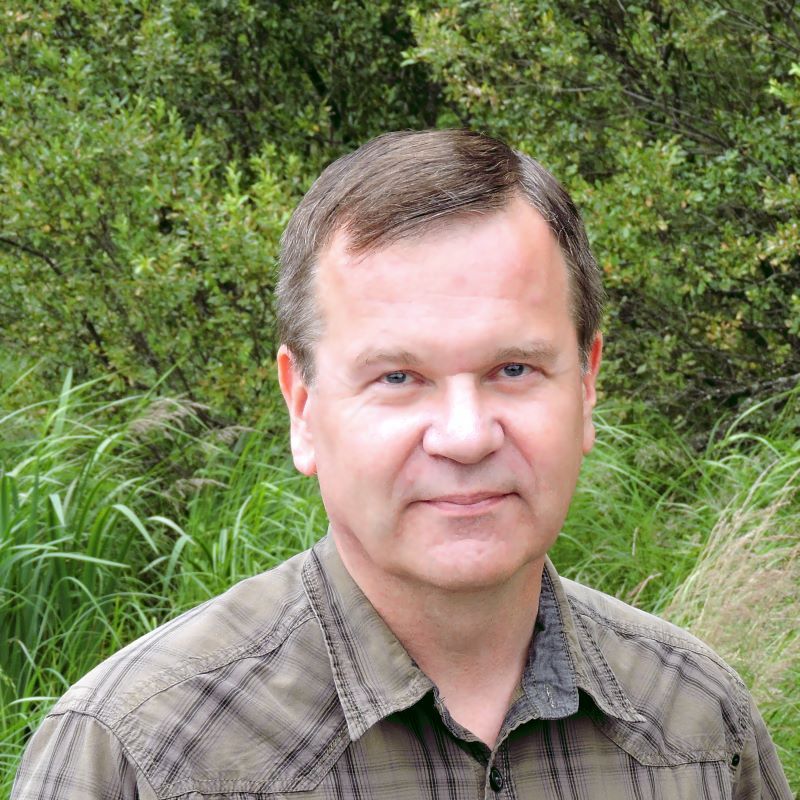
Pauli Heikkilä
Bio:
Dr. Heikkilä received his MSc degree in 1987 and Doctor of Technology in 1992, both from Helsinki Univ. of Technology. He has worked for Nokia, Tekes and Digita Oy, and since 2005 has been CEO of Finnvera Plc. Mathematics and computing remain his great interests. He has developed licensed algorithms that are used in several pieces of commercial software.
Talks:
Multimedia presentation solutions. Eopin Oy’s main product is computer assisted language learning software called Languistik. Languistik adapts lessons automatically depending on the user’s personal progress, and the lessons are dynamically saved as MP3 audio and MP4 video files. A user can hear his or her recorded voice and compare it with a native speaker’s voice. It was necessary for LiveCode to be able to support playback of MP3 and WAV files and recording of WAV files on Windows and MAC without requiring QuickTime. Furthermore, Languistik dynamically combines still images, sound and text into customized MP4 videos, implemented using GPAC. Dr. Heikkilä will describe these solutions so that other SMEs and users of LiveCode can benefit from them.
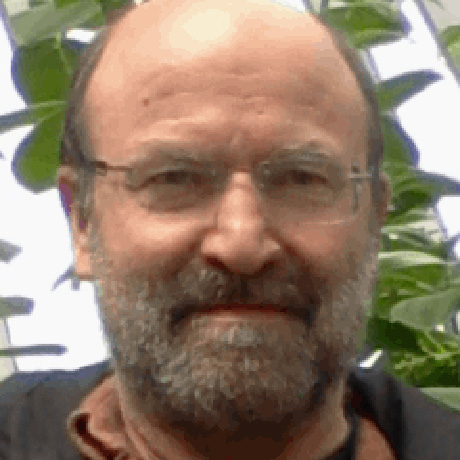
Hermann Hoch
Mathematician (retired), Univ. Duisburg-Essen
Bio:
Hermann, born in 1950 in southern Germany, is a retired mathematician who worked at the Faculty of Mathematics of the University of Duisburg-Essen, Germany, mainly as lecturer of ‘Math for economists/ business administration’ and giving advice in mathematical statistics to non-math doctoral candidates. He lives now in Goettingen/ Germany.
Talks:
Building and serving a HTML5-standalone – We use as an example project a “LCD scroller” that should run in (newest) Chrome, Firefox, Safari and Opera. The final input stack and the standalone will be available online.
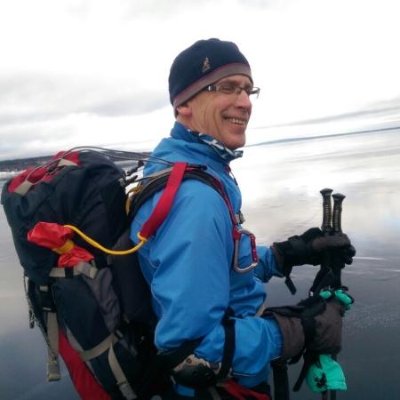
Dave Kilroy
Director, Application Insight
Bio:
Talks:
LiveCodeBuilder – Making the OpenEHR Widget – The story of how the library widget got built, demonstration of the widget in action, how the widget works, lessons learnt, questions from the floor.
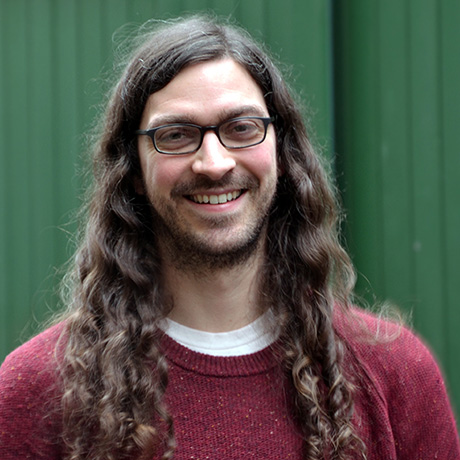
Ali Lloyd
Software Developer, LiveCode
Bio:
Ali started work at LiveCode after doing a PhD in Mathematical Logic. In his spare time he likes to do puzzles, preferably ones he can solve with LiveCode. He can also help with selecting a fine bottle of whisky for any occasion.
Talks:
Extending the LiveCode IDE. Add your own interface objects to LiveCode. Updating Documentation, workshop format. Assisting Devin Asay with a hands on presentation of updating the LiveCode documentation.
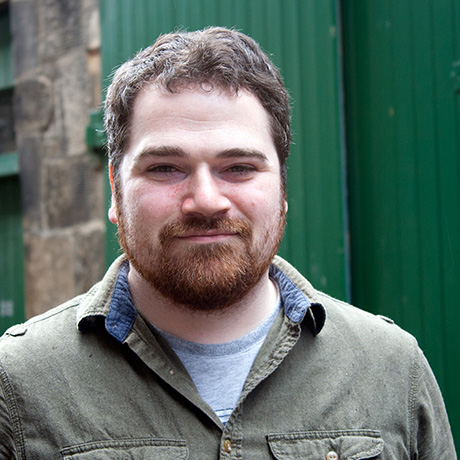
Ian Macphail
Senior Developer, LiveCode
Bio:
Since joining LiveCode in 2008 Ian has been working primarily on the engine, fixing bugs & implementing new features. Lately he has been working with the recently added widget framework and developing modules in LCB.
Talks:
Push me Pull You – using Git to Contribute to LiveCode. If you’ve never made a pull request or you’d like to understand how LiveCode uses Git to maintain the engine, this talk is for you.
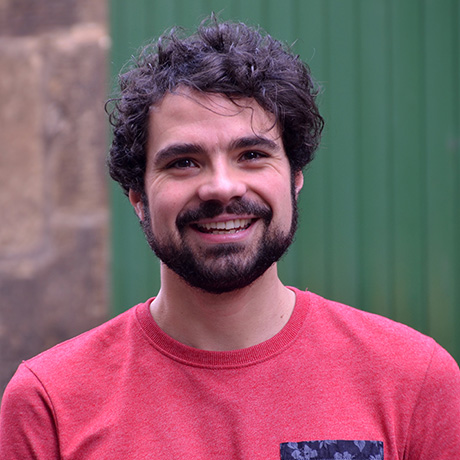
Michael McCreary
Senior Developer, LiveCode
Bio:
Michael has been with LiveCode for almost 10 years and worked on a wide range of projects,from low level engine development, to creating games, to building websites.
Talks:
Panel: Scripting Styles.
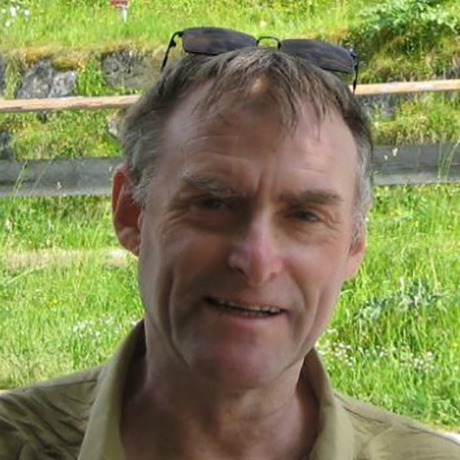
Ian McNicoll
Health Informatics
Bio:
Ian is a Health informatics specialist and former general medical practitioner. His specialities are clinical information modelling, Health informatics and General medical practice
Talks:
Panel, Opportunities for LiveCode Developers in the Health Sector – Background to Code4Health, open source in the NHS, Apperta etc, introduction to OpenEHR and what it does, opportunities where LiveCode developers could help, introduction to HANDIHealth and what it does, what is going on now, how to get involved, implications for the future, questions from the floor.
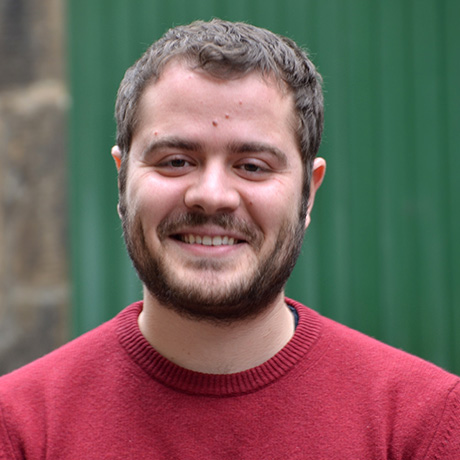
Panos Merakos
Software Developer, LiveCode
Bio:
Panos is from Greece and has lived in Edinburgh for 4 years. He holds a BSc in Informatics and Telecommunications from the University of Athens and an MSc in Computer Science from the University of Edinburgh.
Talks:
Submitting Effective Bug Reports. What makes a good bug report? Why is this important and how can you help to make LiveCode solid, stable and lacking in those little quirks that some people fail to find endearing?
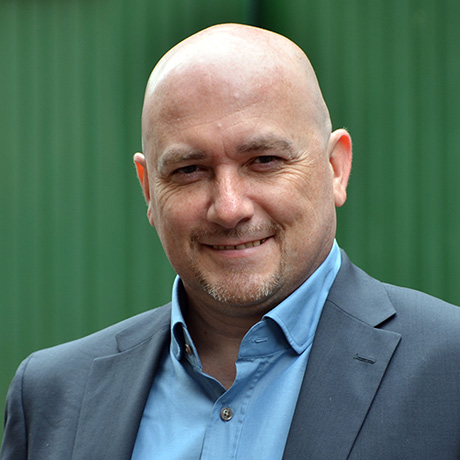
Iain Morrison
Business Development Director, LiveCode
Bio:
Talks:
LiveCode Business Services. What LiveCode offers in the way of services for your business, and why.
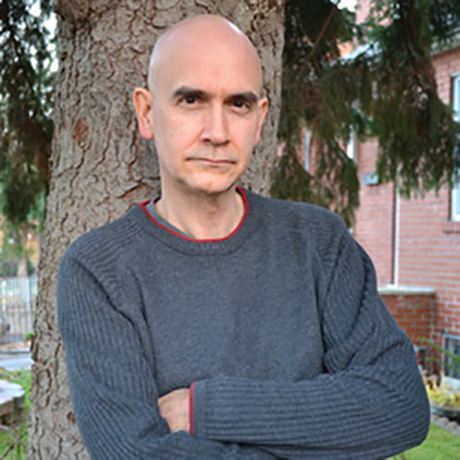
Allan Randall
Professor, Information & Communication Engineering Technology, Toronto
Bio:
Allan has 12+ years experiences of teaching at schools and universities. He has presented an intensive seminar on algorithms derived from computational cognitive neuroscience, and given numerous conference talks on physics, AI, biotechnology and psychology.
Talks:
Allez-OOP, an object-oriented plugin for LiveCode – While LiveCode has a kind of inheritance, it is neither true object-oriented inheritance, nor in conflict with it. The two kinds of inheritance complement each other. LiveCode inheritance responds to events on the View/Controller side of the software, while Allez-OOP inheritance occurs on the Model side of the software. Allez-OOP is the result of a research project to study a theory of human psychology comparing how people perform while playing a game with how the scientific model predicts they should behave. Learn why OO is a valued addition to the LiveCode toolbox, and how one programs this way in LiveCode.
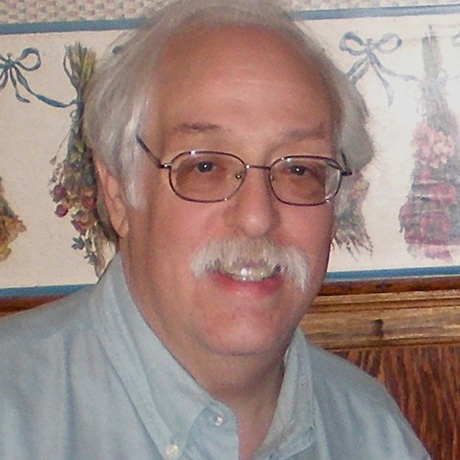
Marc Siskin
Carnegie Mellon University
Bio:
Marc Siskin manages the Modern Language Resource Center at Carnegie Mellon University in Pittsburgh, PA, USA. He creates language learning activities and research tools using LiveCode. Marc designs applications that allow researchers to target the stimuli presented and to collect only the data that they need. Data might consist of mouse clicks, text, audio, video, and images as well as response timings and other types of selections.
Talks:
Panel, LiveCode on CALL: The Ideal Tool for Creating Computer Assisted Language Learning Software
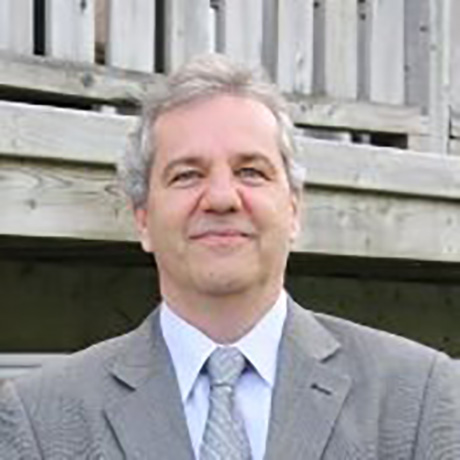
Mark Smith
Associate Director, University of Manitoba Faculty of Medicine
Bio:
Mark has extensive experience in health research with expertise in business intelligence, analytics and privacy, as well as in the development and management of health and social data repositories.
Talks:
Taming SQL using LC – Using LC to store and recall data used on forms, for example the ‘contact list’ on our cell phones. While using SQL to code the storage and retrieval of a few fields is feasible, once the forms get large and complex using SQL can be tedious. LC to the rescue! You can use LC to read the design of your forms, create and manage the database files for you without having to write any SQL. This presentation will show you how. The routines are generalized so they will work on many different kinds of forms and in many different kinds of situations saving lots of SQL code writing. By the end of the presentation you should know how to create SQL database tables and read/modify them using forms without writing any SQL code yourself.
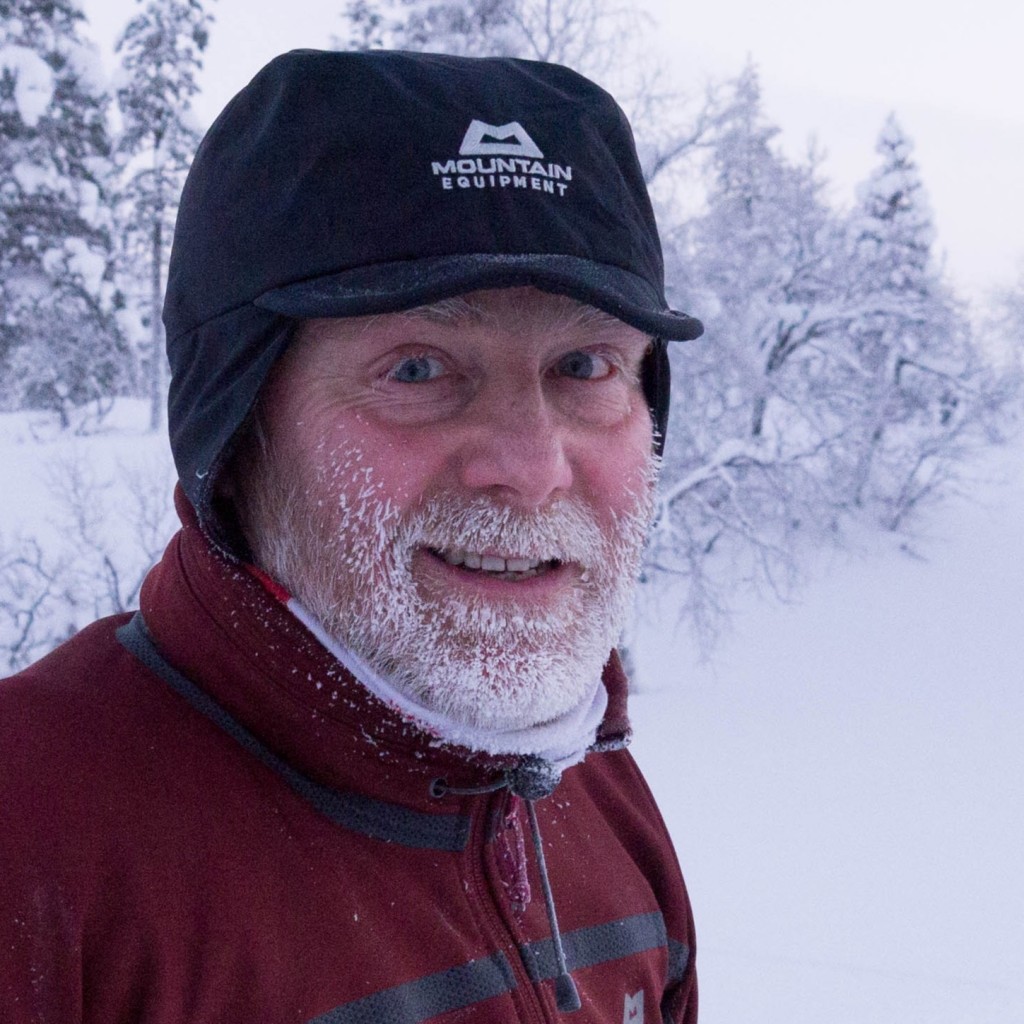
Dr. Timothy Squires
Lecturer, University of Edinburgh
Bio:
Edinburgh Medical School: Biomedical Sciences
Talks:
Herd Immunity: an interactive demonstration – As part of the Infectious Disease degree programme at the University of Edinburgh, Dr. Squires has developed an interactive model to illustrate herd immunity. The software demonstrates graphically how a disease can spread within a population and how this is affected by user-controlled variables such as vaccination, timescales, population density, random outbreaks and other factors. Quickly and easily change these variables and observe the differences in disease spread. This is an example of how a non-programmer academic can produce a real tool with a legitimate teaching application. It also illustrates the limitations of the development model and raises questions: Does it have commercial value as a mobile App? How might the community take such ideas forward? How does a non-programmer academic access the skills required to move into the commercial market?
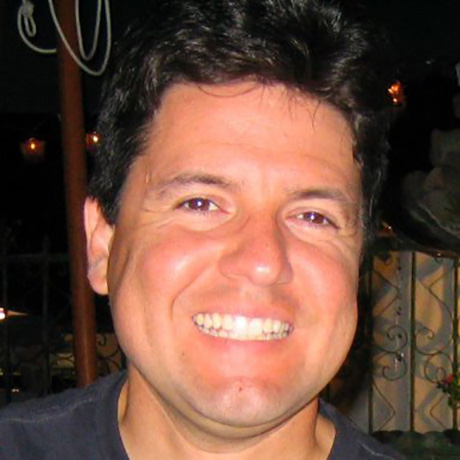
Mark Talluto
CEO, Canela Software
Bio:
Mark is the CEO of Canela Software, and his team have been working on creating Livecloud for some time now.
Talks:
Workshop format: Mark will be presenting in conjunction with Hans Behrens. Mark and Hans will be introducing the benefits and implementation details of using a backend with LiveCode applications.
A backend is a way for developers to develop more quickly, while offering their users a richer experience. Backends can offer local or cloud-based storage, and can be used for messaging queues, logging and monitoring, configuration management, file storage, data backups, and many other useful tasks.
LiveCode developers have many options when choosing a backend; this class will focus on a LiveCode / CassiaDB stack. This workshop builds on existing LiveCode knowledge, using LiveCode arrays to unlock a variety of powerful backend features. It will also cover the business case for building applications with backends, and when and why to do so.
No prior database knowledge is required for this workshop. The class will start with useful LiveCode features, and move on to data modeling, application design, and CassiaDB details, creating a sample application step by step. By the end of the class, all attendees will have a complete sample app, a good understanding of the basics of backend development, and an introduction to using CassiaDB.
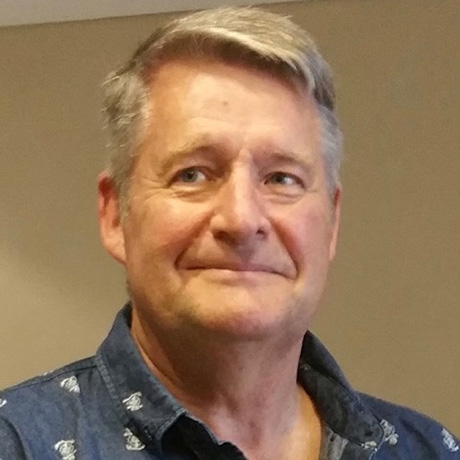
John Tregea
University of Canberra
Bio:
John moved from being the Technical Marketing Manager for Apple Australia to become their Hypercard Evangelist. Now with some thirty years experience in programming reusable frameworks and user interfaces in Livecode and its ancestors, John has designed and delivered software for use in Interactive kiosks, Banking, Education, Defence, Government, Museum and Collections management and other industries.
Talks:
Apps for the Indigenous Communities – This session presents the experiences and lessons learnt using LiveCode to enable non-programmers in Australian Indigenous communities to populate and publish their own mobile apps. The aim was to keep ownership of materials and control of access based on non-western knowledge protection needs. The app framework developed in the project is geospatially enabled and can import photos and text to populate an app for Indigenous tourism or for special interest activities such as fishing, 4WD treks, camping etc. Certain data can be locked until the user is guided to a special or sacred place by an Indigenous Elder, reflecting the traditional method for the transfer of cultural knowledge. This session will explore the power and practical application of template objects through a discussion of cloning, nested arrays as custom properties and building apps on the fly based on user location and input. It will also cover geospatial enabling and the creation of access controls.
Using functions, arrays and custom properties to future proof your development – It is a well known adage that the only constant is change and this is never more true than in the development of software applications. Even if you have understood perfectly a procedure or functionality that your client was describing, by the time you finish encoding it, changes to the environment of your client will have implied changes to the requirement.
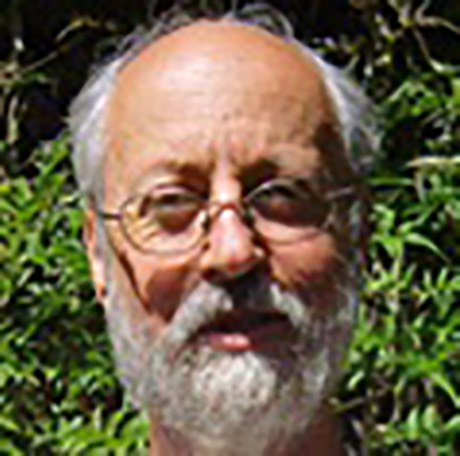
Mark Wieder
CEO, Ah Software
Bio:
Mark Wieder has been using LiveCode for over a decade, and runs Ah, Software, a successful consulting business.
Talks:
LiveCode Design Patterns – Patterns provide a best-practices approach to thinking about application development. Of the 23 design patterns in the original gang-of-four book, several are directly usable in LiveCode, and there are also several patterns and anti-patterns which I think are LiveCode-specific.
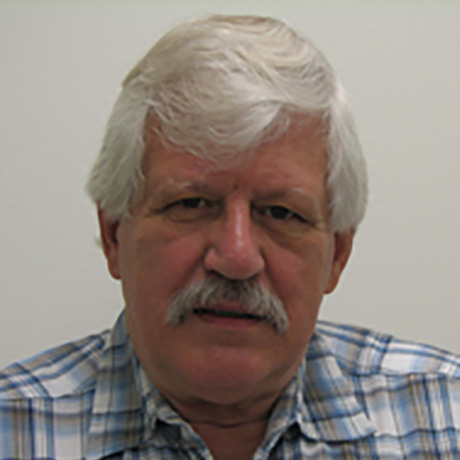
Ron Zellner
Professor Emeritus, Educational Psychology, Texas A&M University
Bio:
Ronald Zellner started using LiveCode (Revolution) in 1999 teaching undergraduate and graduate courses in Educational Technology and Educational Psychology at Texas A&M University. His LC work focused on developing instructional resources and techniques for use in classes and on the development of specialized research tools used in a variety of educational/psychological contexts.
Talks:
Creating Tools for Research in Education/Psychology – This talk will cover creating a variety of tools using LiveCode. These will include: Correlation tutorial, Electronic Workbook, Text Processing/Analyses, Creativity Assessment, Content mapping, Problem solving, Video analyses, Audio Analyses, Graphical Data interpretation.

